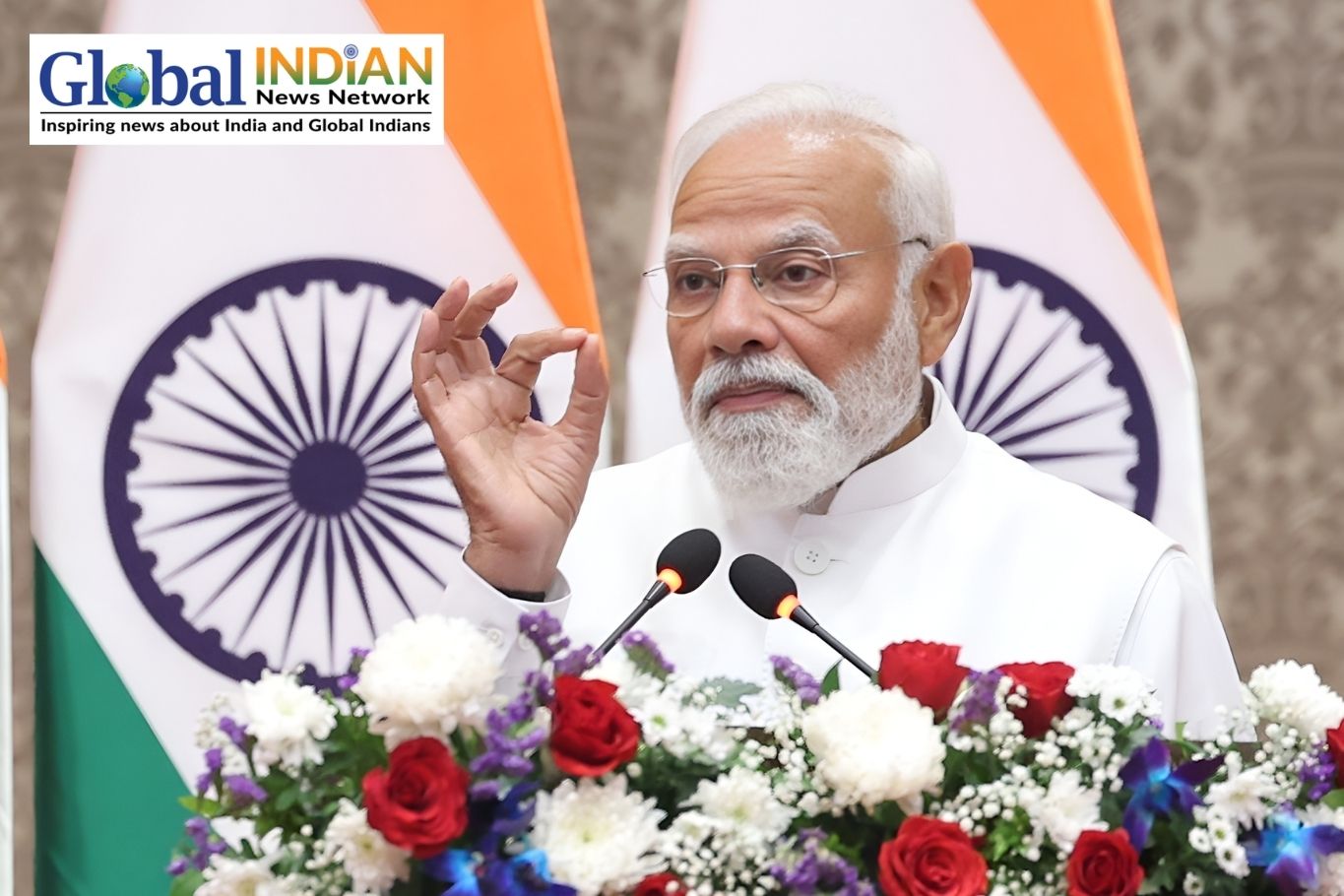
As Israeli Prime Minister Benjamin Netanyahu gears up to address a joint session of Congress, a significant faction of Democratic lawmakers have decided to abstain. This boycott arises amid escalating tensions in Gaza and growing concerns over Netanyahu’s policies.
U.S. Representative Ami Bera (D-CA) voiced his reasons for not attending in a statement, citing his deep concern for Israel’s future and the heart-wrenching pleas from families of American hostages held by Hamas. Bera emphasized the urgent need for a ceasefire, the release of hostages, and a commitment to peace and stability for both Israelis and Palestinians. He called on Netanyahu to stop obstructing these crucial steps and to show the strong leadership required to pressure Hamas into accepting a ceasefire. Bera urged Netanyahu to accept the ceasefire deal brokered by President Biden, which aims to bring hostages home and alleviate the suffering of innocent Palestinian civilians.
Similarly, Representative Pramila Jayapal (D-WA) expressed her strong disapproval of Netanyahu’s invitation to speak before Congress. She stated that she could not, in good conscience, listen to his address while Palestinians suffer and hostages remain captive. Jayapal criticized Netanyahu for using U.S. taxpayer dollars to fuel a devastating assault on Gaza and the Palestinian people, violating international humanitarian law and U.S. domestic law by denying humanitarian aid and launching indiscriminate attacks. She highlighted Netanyahu’s opposition to a two-state solution, which undermines U.S. policy, and accused him of obstructing efforts towards a ceasefire and lasting peace for his political gain. Jayapal plans to attend a panel discussion on peace, featuring diverse voices dedicated to resolving the conflict.
Representative Ro Khanna (D-CA) also announced his boycott, expressing skepticism about listening to what he described as a “one-way lecture” from Netanyahu. Khanna emphasized that he would be open to dialogue about ending the conflict and releasing hostages but refused to participate in an address he felt was unproductive.
These lawmakers’ decisions underscore a growing rift within U.S. politics regarding Israel’s actions and the path to peace in the region.









